Jerky is one of the tastiest snacks in existence. It's packed with richness, saltiness, and spiciness, and it's one of those things that you can't stop eating once you start. It's also fairly expensive, unless you're opting for the gas station variety which is… er… jerky in the same way that Folgers is coffee.
- Don't Miss: Beef Up Your Recipes with Beef Salt
My solution? Make your own jerky! Homemade jerky is more delicious, more nutritious, more fun, and more affordable than the store-bought version. And it's really easy to make, even without a dehydrator.
Choose Your Meat
Unlike when cooking a steak, having an upper echelon quality cut of meat is not very important. It's still best to start with a grass-fed, well-raised piece of steak, as these have the best flavor, but don't waste your money on filet mignon or porterhouse.
I recommend flank steak, which is as cheap as it is delicious. That said, I've used ribeye here, mainly because Trader Joe's doesn't carry flank steak in anything other than enormous portions.

Alternately, you can use a healthier meat, such as chicken and turkey; these not only make delicious jerky for humans, but for dogs as well.
Trim the Fat
Beef fat doesn't render, so you'll want to trim off any and all excess fat.

Cut the Steak
I recommend freezing (or partially freezing) the steak before cutting it, as this makes it much easier to slice.
Cut thin ribbons; I go for 1/8 of an inch, but it's a matter of personal preference.

Make a Marinade
There are three essential elements to a jerky: salt (which provides, well, saltiness, but also brings out the flavor of the meat), pepper (for spiciness), and vinegar (which concentrates high levels of flavor in the beef). You can use any kind of vinegar you want, though balsamic would give you a very unique flavor.

For this batch of jerky, I've chosen apple cider vinegar, honey, Worcestershire sauce, and Sriracha sauce. I also added a little water to thin the marinade. Combine all of your ingredients and whisk until they've dissolved together.

Marinate the Meat
It goes without saying that the longer you marinate your meat, the more flavorful your jerky will be. You should let the meat marinate for at least an hour, but preferably for 4–12. (It almost goes without saying you should cover the meat and refrigerate it while it's marinating.)

Throw It in the Oven
You'll want to cook your jerky at a very low temperature, as this best replicates the effects of a dehydrator. Turn your oven to 170°F, if it will go that low (if not, 180–200°F will still work). Then, line your strips of beef (or other jerky meat) on a cooling rack atop a cookie sheet.

If you don't have a cooling rack, you can place the jerky directly on your oven rack. Be warned, however, that the marinade will drip, so place something under the meat to collect the juice.
Another option is to fake a roasting rack instead, but you'll still want to have a cookie sheet underneath to collect the marinade.
Bake
Bake your meat for 2–5 hours. Times will vary depending on the temperature of the oven, the thickness of your slices, and your desired chewiness.

Then enjoy! After you've eaten your fill, put the rest in the fridge.
Benefits of Homemade Jerky
Homemade jerky is healthier than the store-bought stuff, as it eschews many of the weird flavors and preservatives that find their way into the commercial product. It's also cheaper (especially if you wait for good deals on meat), but my favorite perk is that you can personalize the flavor to exactly what you crave. And your house will smell delicious in the process!
Don't Miss These Meat Hacks:
- How & Why You Should Make Your Own Bacon
- 7 Tips for Making the Best Burgers Ever
- How to Thaw a Frozen Steak in Minutes
- For Great Pan-Fried Steak, Salt the Skillet First
- The One Thing You're Not Doing for Perfect Steaks & Roasts
Photos by Brady Klopfer/Food Hacks





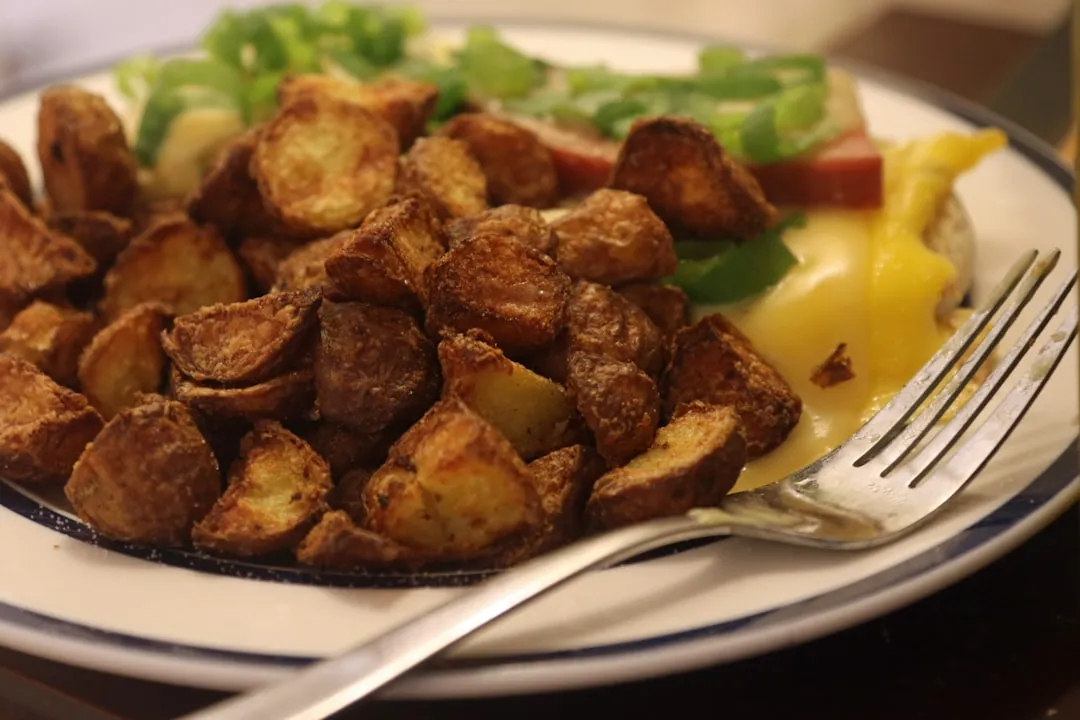

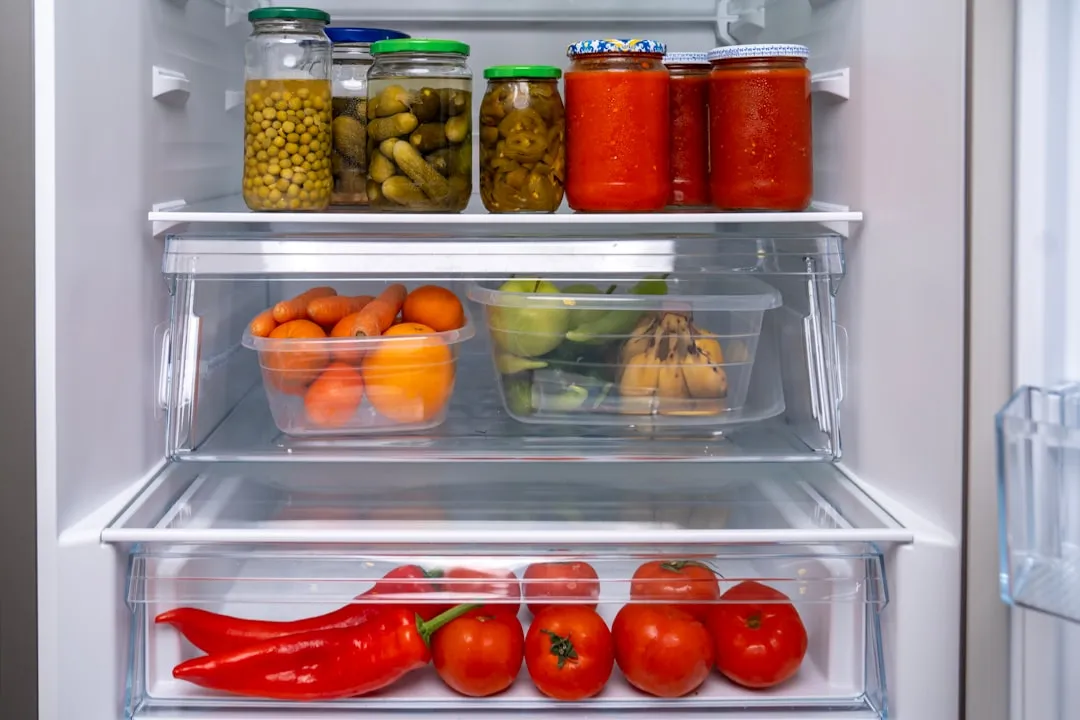

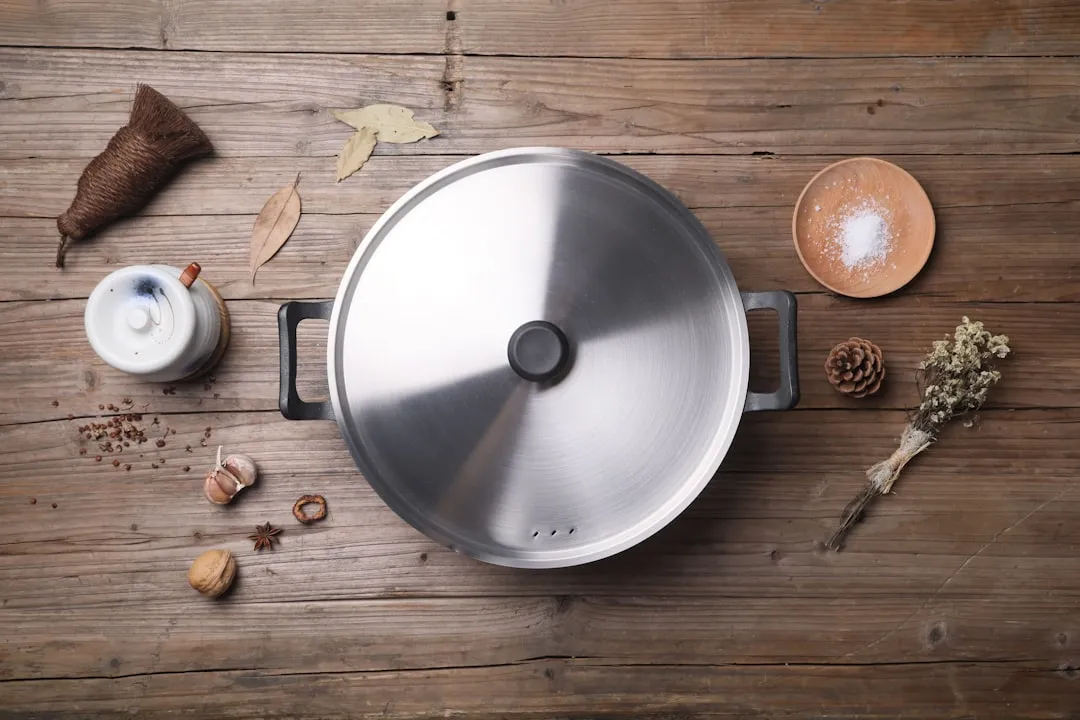

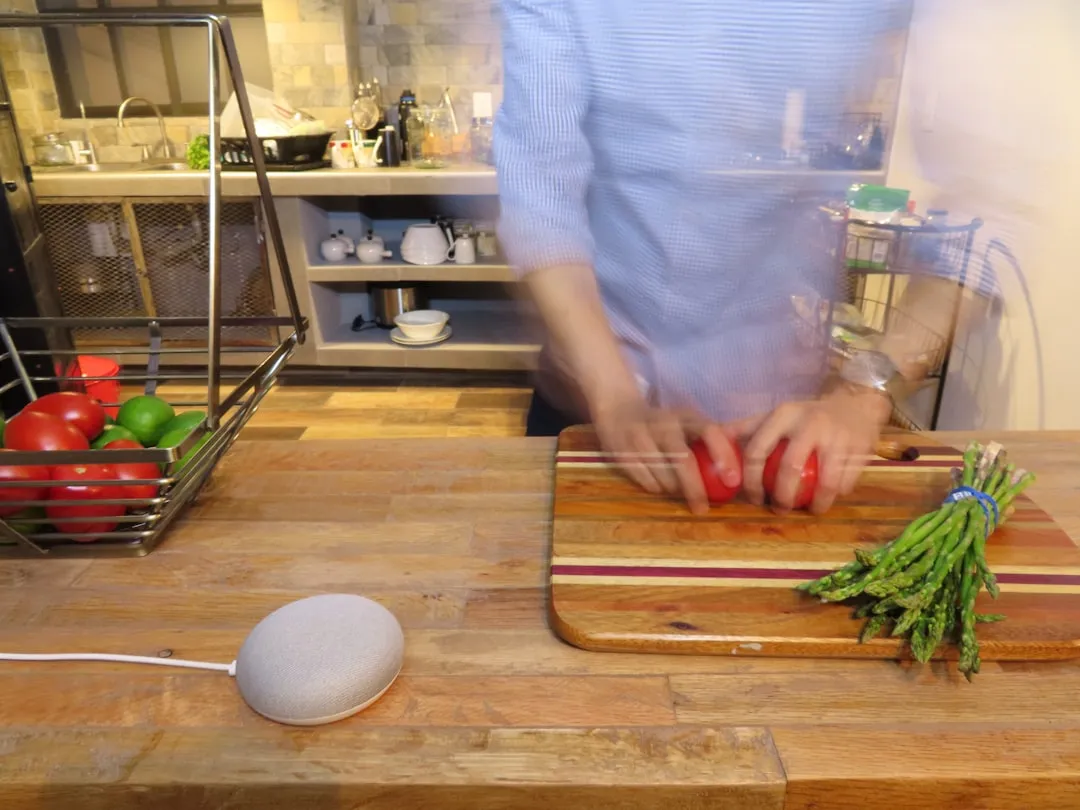
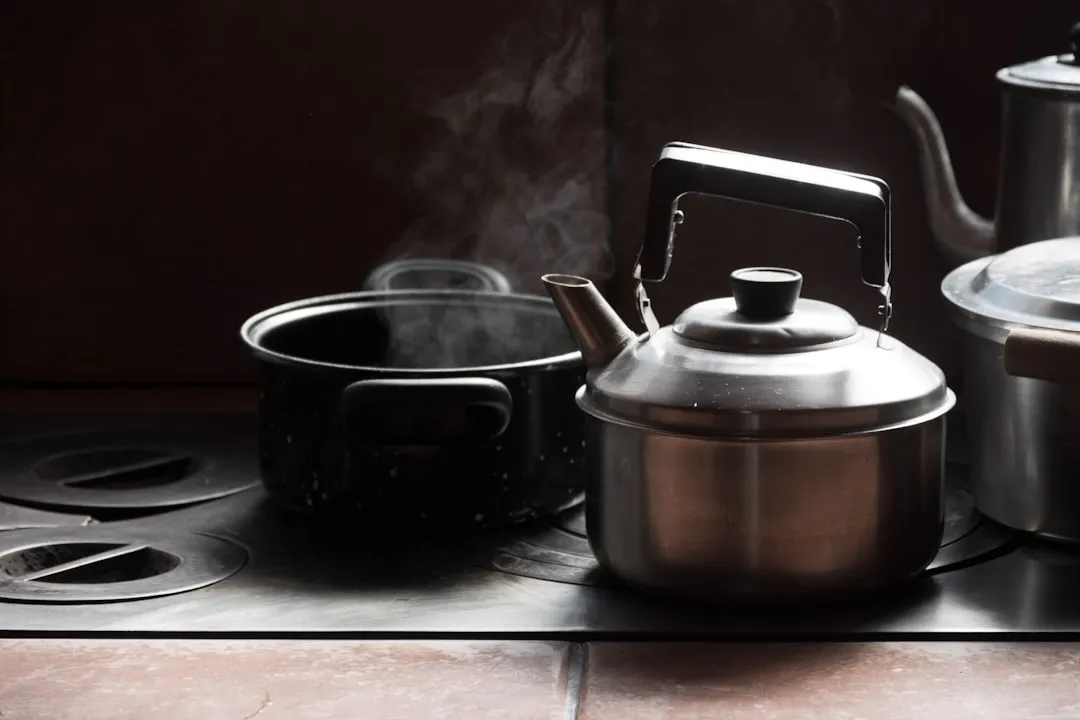
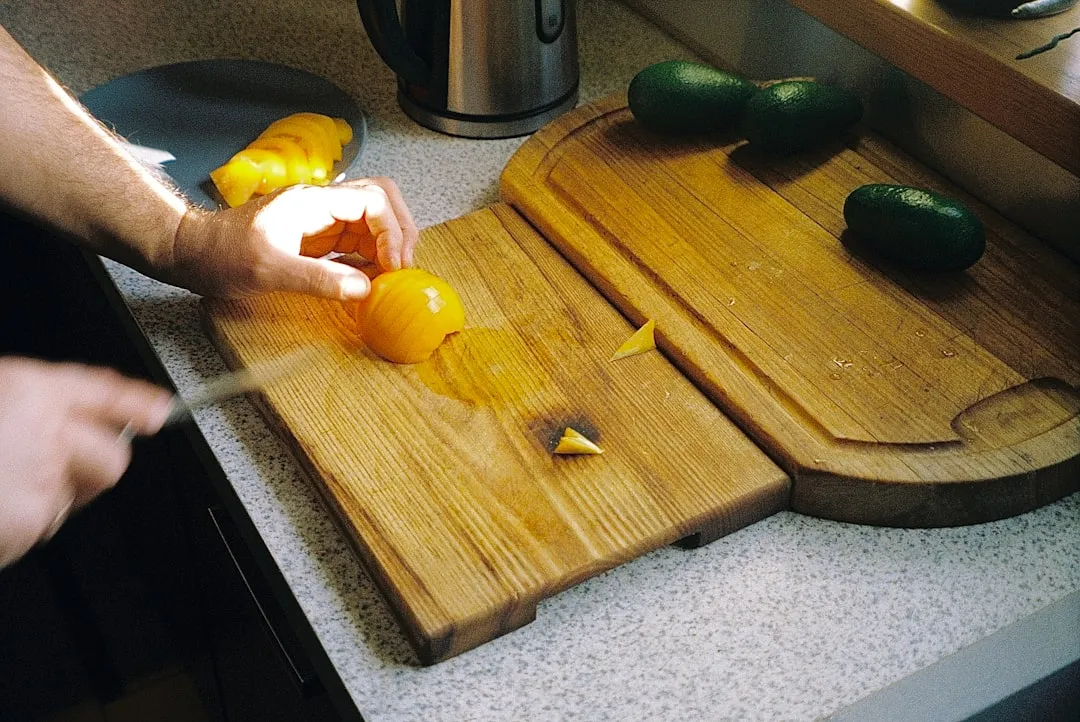

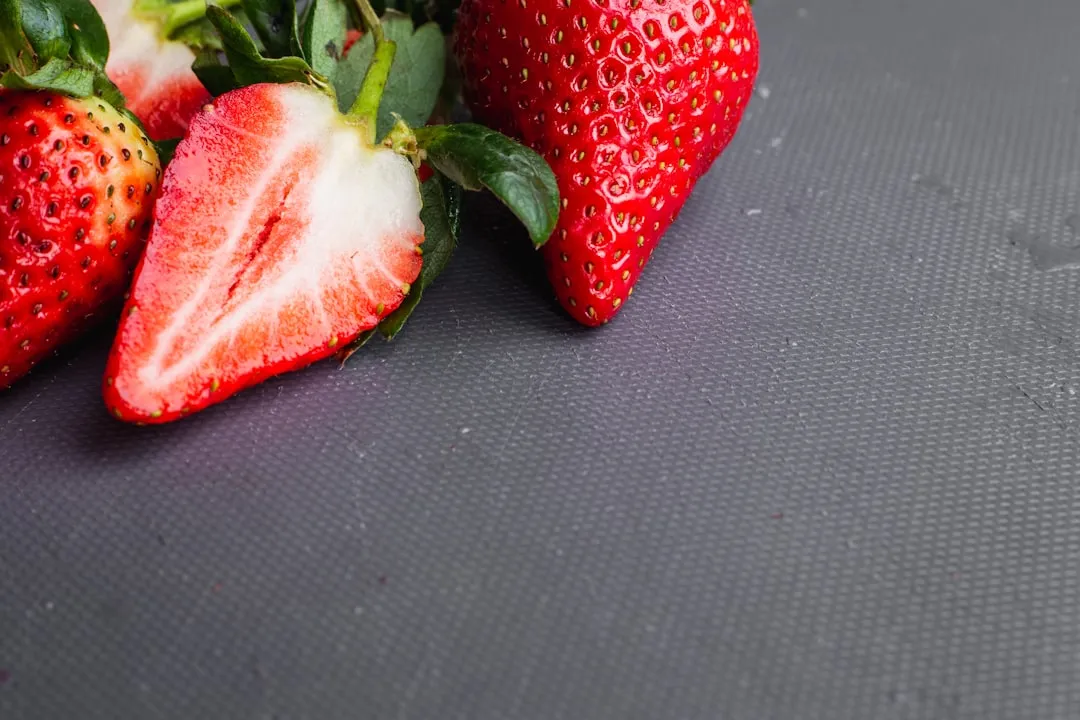
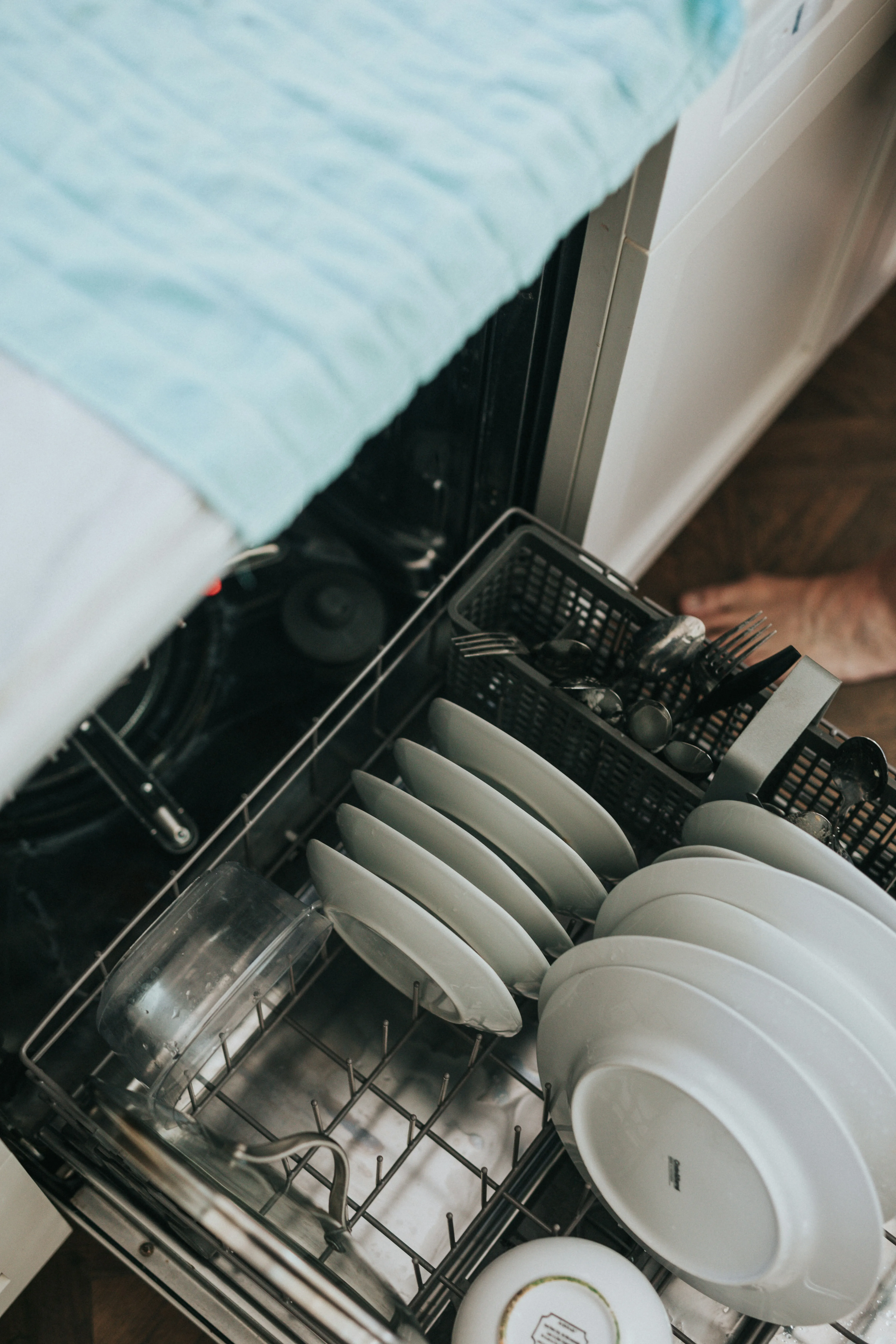
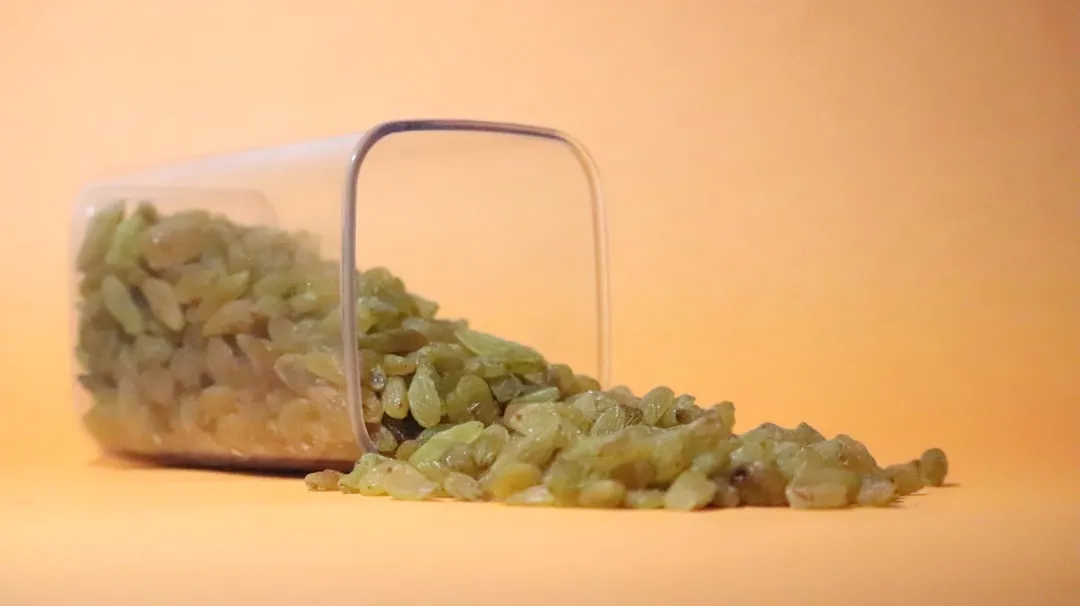
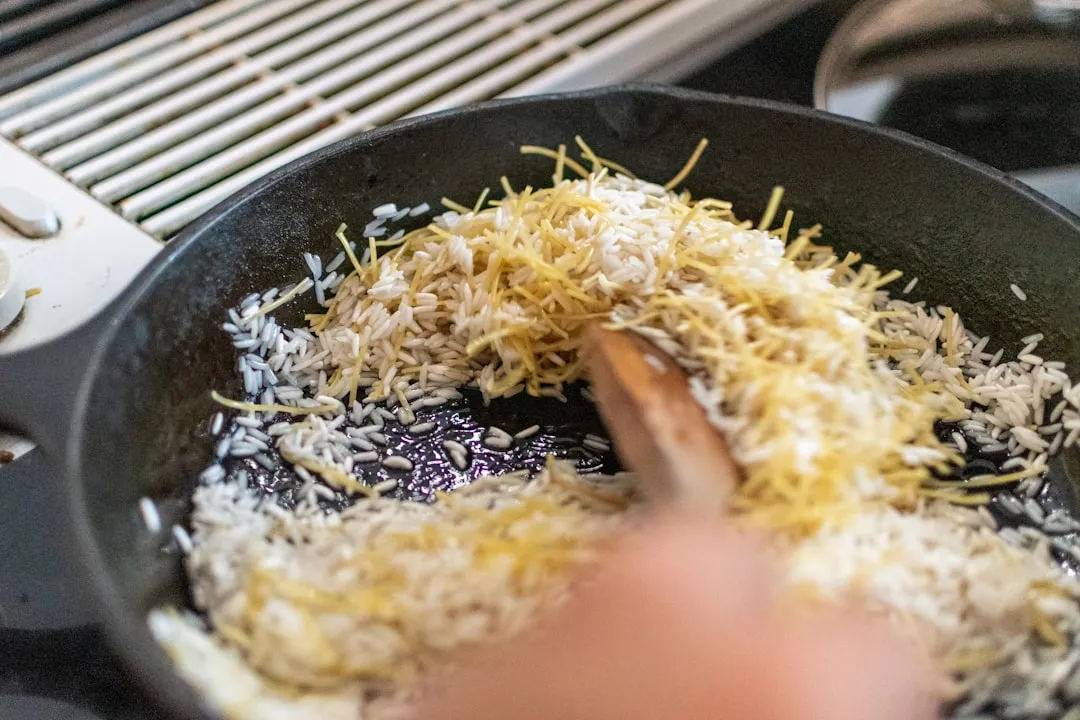

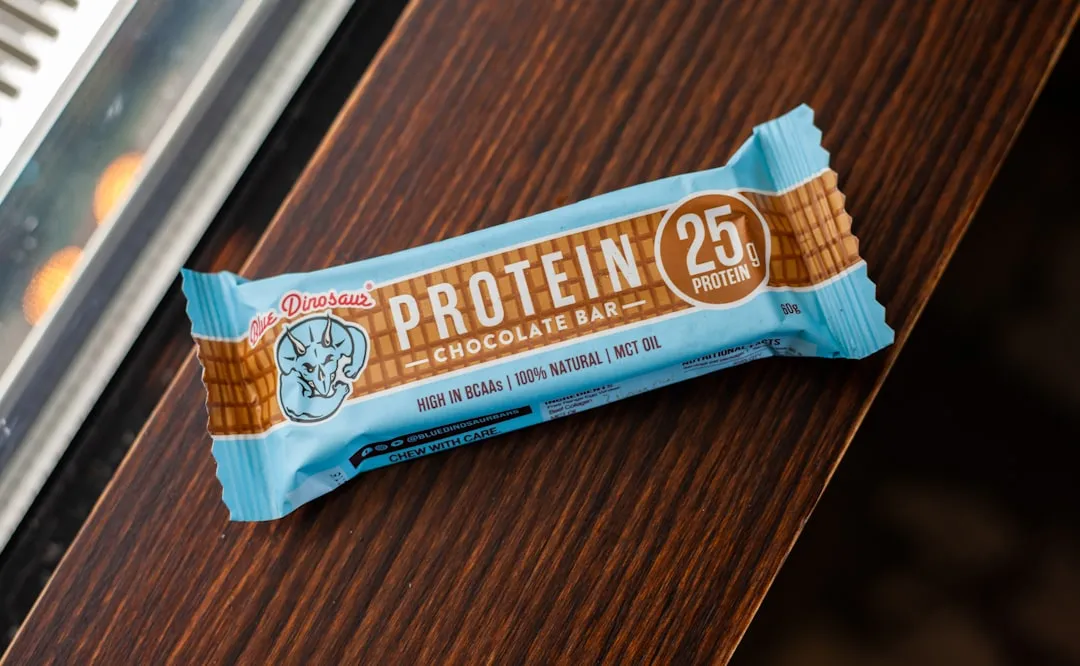
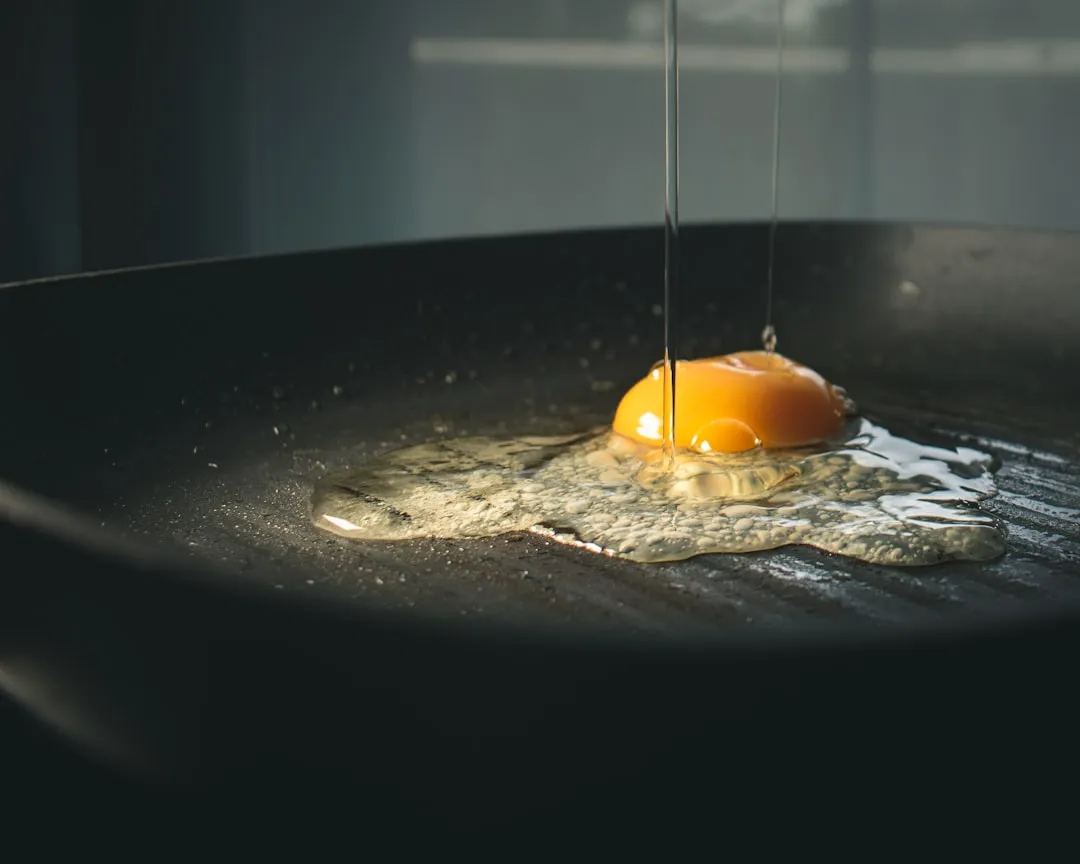


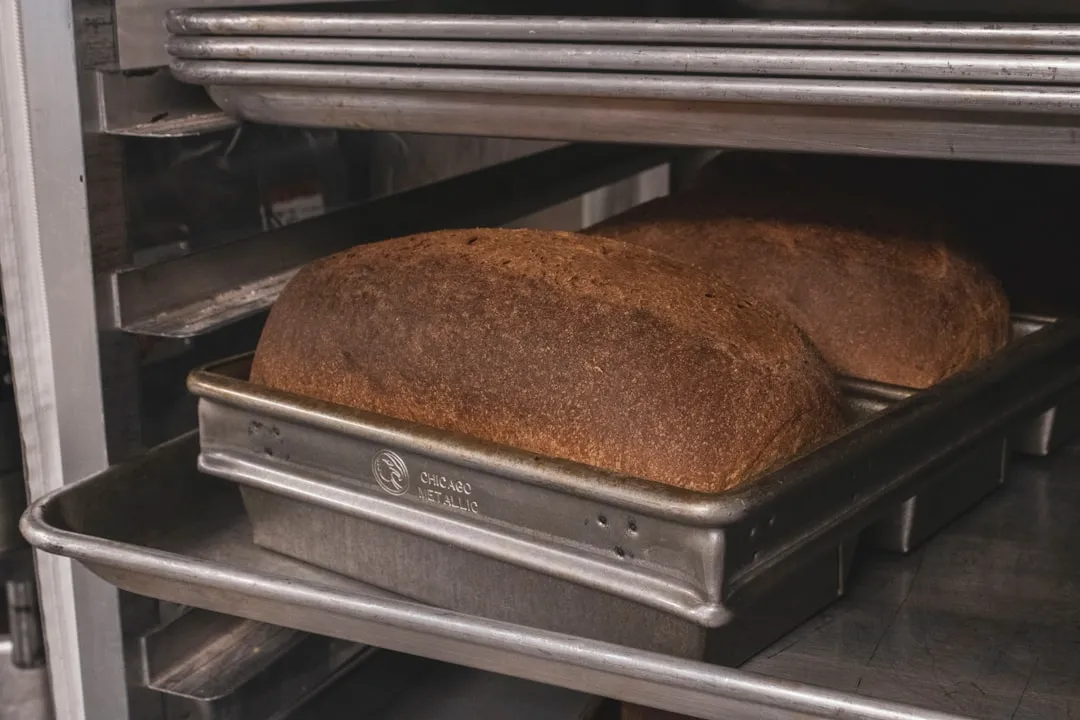
Comments
Be the first, drop a comment!